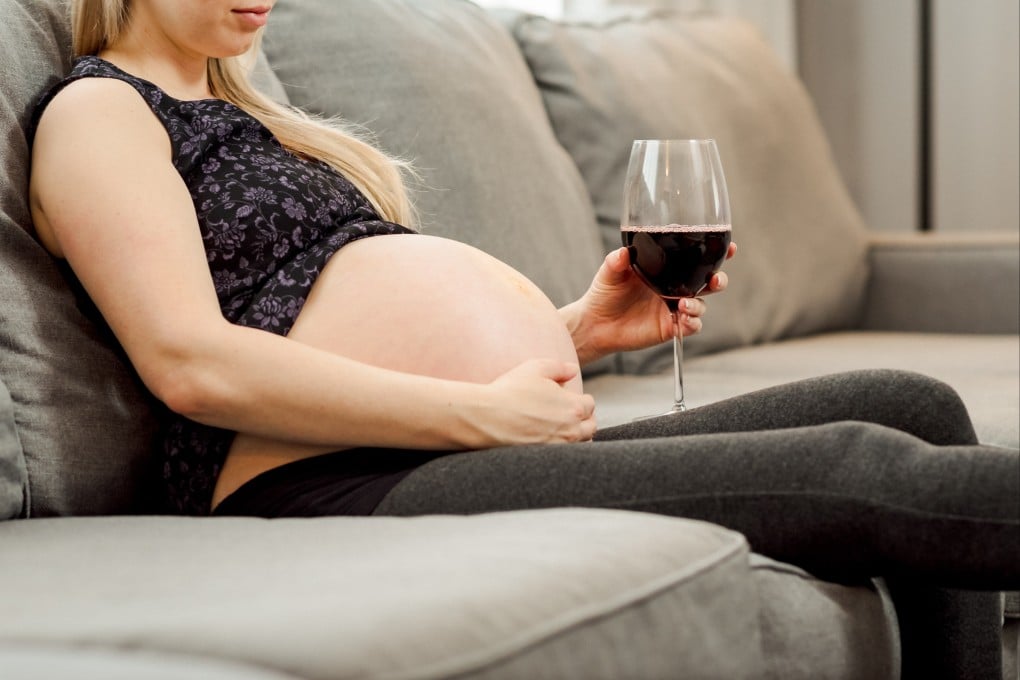How substance abuse in pregnancy can harm a child’s development and cause lifelong problems – doctors to explain its impact to adoptive parents
- Hong Kong non-profit organisations promoting adoption will host a webinar about the impacts on a fetus of alcohol and drug consumption, to help prevent future trauma
- The message ‘no amount of alcohol is safe for a developing fetus’ is difficult to deliver in a city like Hong Kong, one expert says

Stacy Blythe wears many hats: nurse, doctor, lecturer. She is also a mother.
“I have four biological children and four children from the foster system, all siblings,” says Blythe via Zoom from her home in Sydney, Australia. “My eldest is 30 and the youngest is 11. Five still live at home.”
Blythe is also a passionate advocate for and researcher into foster and kinship care, with a growing focus on prenatal substance exposure – when a woman takes drugs or drinks alcohol during pregnancy.
The subject is close to her heart: all four of her foster children were exposed to harmful substances in the womb.

She wants doctors, nurses, family members and carers, as well as teachers and employers, to understand the dangers.
Her main message? Complications from exposure to substances during pregnancy – whether legal drugs such as prescription medicines, alcohol and nicotine from tobacco, or illicit ones – do not always end once an infant withdraws from them after being born. They can be lifelong. And serious.